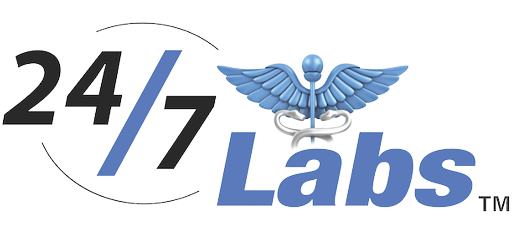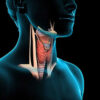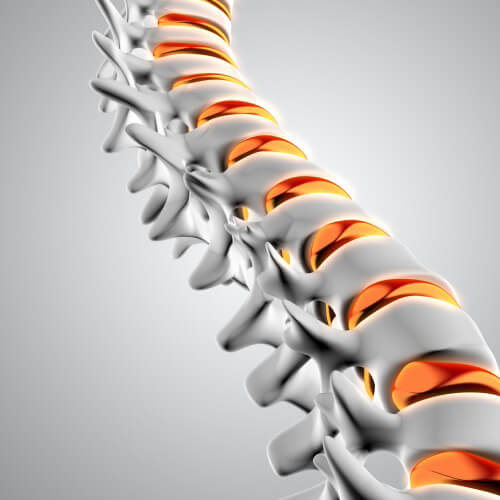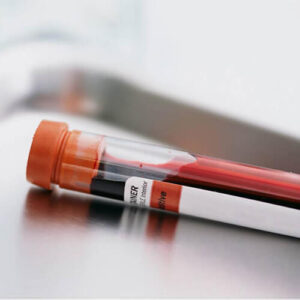Osteoporosis Health Screen
$399.00
Description
Osteoporosis Health Screen
Our Osteoporosis Health Screen Osteoporosis is a disease of the bones. It happens when you lose too much bone, make too little bone or both. As a result, bones become weak and can break from a minor fall or, in serious cases, even from
Includes 10 Exams
(FSH) Follicle Stimulating Hormone:
FSH is a hormone produced by the pituitary gland and helps control the production of eggs by the ovaries and the menstrual cycle. This test is used to evaluate a woman’s egg supply, the functioning of the ovaries, and menstrual problems.
(SPEP)Protein Electrophoresis:
The serum protein electrophoresis (SPEP) test measures specific proteins in the blood to help identify some diseases. Proteins are substances made up of smaller building blocks called amino acids. Proteins carry a positive or a negative electrical charge, and they move in fluid when placed in an electrical field. Serum protein electrophoresis uses an electrical field to separate the proteins in the serum into groups of similar size, shape, and charge.
Alkaline Phosphatase:
An alkaline phosphatase (ALP) test measures the amount of the enzyme ALP in the blood. ALP is made mostly in the liver and in bone with some made in the intestines and kidneys . It also is made by the placenta of a pregnant woman.
Parathyroid Hormone:
A parathyroid hormone (PTH) blood test measures the level of parathyroid hormone in the blood.This test is used to help identify hyperparathyroidism or to find the cause of abnormal calcium levels. PTH controls calcium and phosphorus levels in the blood.
(TSH) Thyroid Stimulating Hormone:
TSH is a hormone secreted by the pituitary gland. Measuring the levels of TSH in the blood is used to evaluate thyroid function and diagnose and monitor thyroid abnormalities and disease
(T4 Total) Thyroxin:
Thyroxin is a hormone produced by the thyroid gland. If the thyroid gland is under active and does not produce enough T4, then the patient can experience symptoms such as weight gain, dry skin, cold intolerance, irregular menstruation, and fatigue. On the other hand, if the thyroid gland is overactive and produces too much T4, the patient can experience symptoms such as increased heart rate, anxiety, weight loss, difficulty sleeping, and tremors in the hands.
T3 Uptake:
This test can help interpret T4 and T3 results and measures the level of proteins that carry the thyroid hormone in the blood.
Vitamin D:
Vitamin D is used for preventing and treating rickets, a disease that is caused by not having enough vitamin D and it is also used for treating weak bone.
Testosterone F/T:
Evaluates Hirsutism and Masculinization in women; Evaluates testicular function in clinical states where the Testosterone binding protein may be altered (Obesity, Cirrhosis, Thyroid Disorder).
Estradiol:
Estradiol is the most important form of estrogen and measuring the level of estradiol in the blood can provide important information regarding the functioning of the ovaries.






